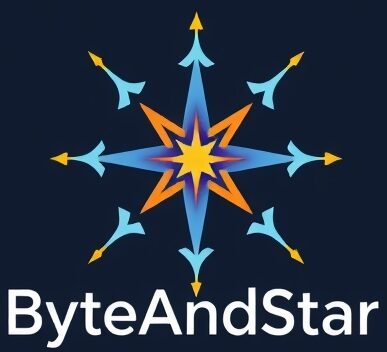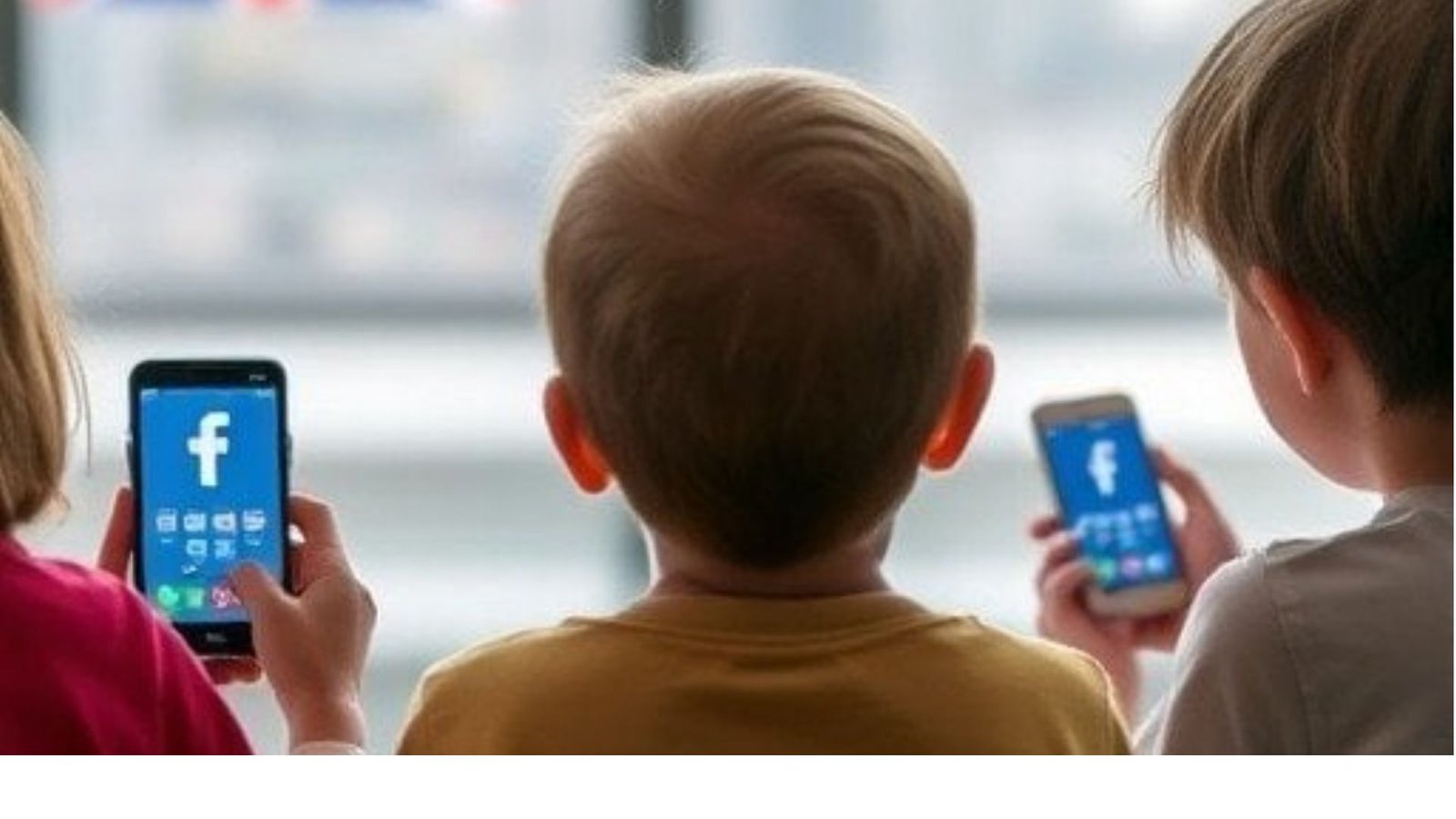What is the new legislative action in Australia for Social Media use for children under 16?
Australia has made headlines with a groundbreaking decision: the country will ban children under 16 from using social media. This legislative action, which passed in the Senate with 34 votes in favor and 19 against, is the strictest law of its kind anywhere in the world. The aim is clear: to protect young users from the potential harms associated with social media platforms, such as cyberbullying, online harassment, inappropriate content, and more. Set to take effect in at least 12 months, this law will require social media platforms to implement stringent age-verification measures to ensure that children under 16 do not have access. If tech companies fail to comply, they could face fines of up to A$50 million (roughly $32 million).
This new legislation comes at a time when concerns over the negative impact of social media on children’s mental health are growing worldwide. Although other countries have attempted to restrict social media use for minors, none have gone as far as Australia in imposing penalties on companies that violate such laws. Major social media platforms, including Snapchat, TikTok, Facebook, Instagram, Reddit, and X (formerly Twitter), will likely be affected by this ban, with the possibility of even more platforms being added in the future.
Australian Prime Minister’s Support
Prime Minister Anthony Albanese voiced strong support for the new legislation, emphasizing that it is a critical measure to protect young people from the harms of social media uses. He also acknowledged the concerns of parents who are worried about the effects of online platforms on their children. Albanese’s statements resonate with a broader global conversation on the dangers that social media poses to young people’s well-being. His government’s decision reflects a commitment to child safety in the digital age, offering a pioneering approach to combat these issues.
However, this bold move has sparked a range of debates on privacy, enforceability, and the broader implications for digital rights and freedoms. The law is a response to the alarming increase in online dangers faced by children, including harmful interactions with strangers, exposure to inappropriate content, and the risks of digital addiction.
New law on Social Media Use: What This Means for Australian Families
A recent YouGov poll conducted in late November revealed that 77% of Australians support banning social media use for children under 16. This represents a notable increase from 61% in August, before the law’s official announcement. Furthermore, 87% of Australians favor stricter penalties for social media companies failing to comply with Australian laws.
The legislation has profound significance, particularly for parents who have tragically lost children to online crimes like sextortion scams, identity theft, and impersonation. Families impacted by such incidents view the Senate’s approval as a crucial step toward safeguarding children in the digital age.
Despite widespread support, some believe the law has limitations. Advocates, like the Heads Up Alliance, highlight gaps, noting that platforms such as Discord and YouTube Shorts are excluded. Advocates emphasize the need for ongoing collaboration with lawmakers to strengthen protections and address risks associated with social media use among young people.
Criticism and Controversy: Balancing Protection and Freedom
Despite widespread support from the public, the law has faced significant pushback from tech giants and some critics. On November 29, Meta, the parent company of Facebook and Instagram, and TikTok expressed their support for the government’s goal of creating a safer social media environment for young users. However, they criticized the law, claiming that it was “rushed” through parliament without sufficient consultation and scrutiny. They believe that more time should have been allowed to work out the technical and practical challenges of the legislation.
Snap Inc., the company behind Snapchat, which is popular with children, also raised concerns about how the law will be enforced. The company stated that there are still “many unanswered” questions regarding the implementation of the law, particularly regarding the age-verification process. They suggested that a “device-level age verification” approach might simplify the process, but they are still waiting for more clarity on the specifics.
More on Criticism: Elon Musk's and other's View
Social media use faces scrutiny as new legislation raises concerns about its impact on young users’ freedom of expression. Elon Musk’s platform, X, highlighted potential risks to digital rights, noting that while minors are not its primary audience, laws restricting social media use could stifle online speech.
Critics argue that limiting social media use may isolate children, depriving them of opportunities for peer connection, learning, and self-expression. There is also fear that such restrictions could push children toward unsafe online spaces, like the dark web. Some worry the law might deter children from reporting online harm, fostering secrecy and fear instead. Additionally, many believe the law fails to tackle underlying issues or ensure better online safety across platforms. Experts, including Christopher Stone of Suicide Prevention Australia, have criticized the rushed legislative process, advocating for evidence-based, thoroughly reviewed policies to protect young Australians effectively.
Striking a Balance
The passage of this new law on Social Media use marks a significant moment in the global conversation about social media use among children. Australia has taken a bold step in prioritizing child safety in the digital age, and the law has been praised for addressing an urgent issue. However, the law also raises important questions about the balance between protecting children and preserving digital rights, freedom of expression, and privacy.
As the law progresses toward implementation, it will be important to monitor its effectiveness and address the concerns raised by critics. The success of this groundbreaking legislation will depend on how well it is enforced and whether it can truly protect children from the dangers of social media while still allowing them to benefit from the positive aspects of online connectivity. The global community will be watching closely to see if Australia’s approach to regulating social media use for minors can be a model for other countries facing with similar issues.

